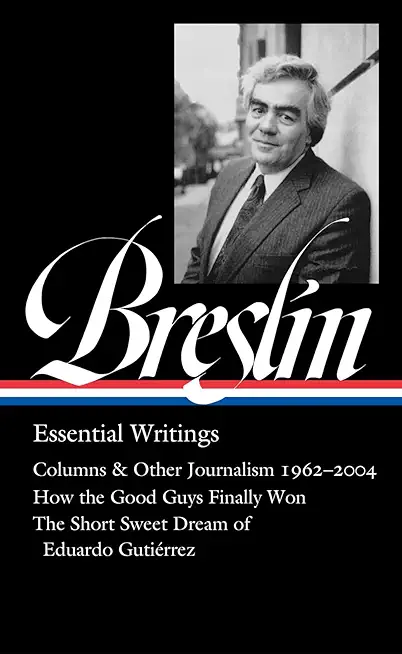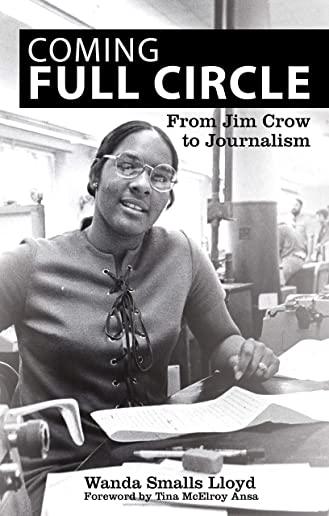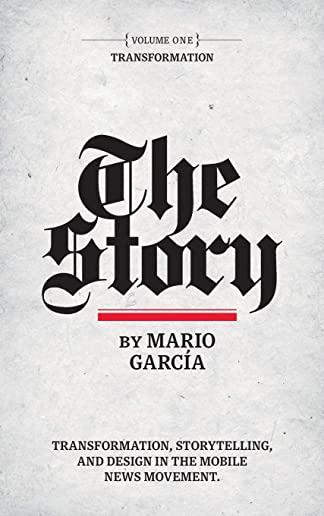
description
nalism, when columns were events, through this collection of more than 70 pieces by a master stylist and larger-than-life character on the New York and national scene from JFK to Trump Plus, on its 50th anniversary, revisit the Watergate summer in How the Good Guys Finally Won, an unforgettable portrait of the Congressional leaders who took down a rogue president "He opened us up to a world of possibilities. What we did with them was our concern. He had his own work to do. No one ever did it better."
--John Schulian Across a career spanning six decades, from the Kennedy assassination to 9/11, Jimmy Breslin was the greatest newspaper columnist of his era. The 72 columns selected here by editor Dan Barry, more than half of which have not been reprinted since initial publication, reveal Breslin at his best, addressing stories of national and global importance but more often uncovering tales of ordinary New Yorkers, by turns tragic or absurd but always gripping to read. Gathered here are the highlights of his consummate deadline artistry: his celebrated interview with the man who dug the grave for John F. Kennedy, his coverage of the assassination of Malcolm X, his dispatches from the South at the height of the Civil Rights movement and from Vietnam, accounts of his involvement with the "Son of Sam" case as the serial killer who terrorized New York City in 1977, his story about John Lennon's murder in 1980, his award-winning series about the AIDS crisis in 1986, and his disgusted glimpse of Donald Trump conning the press corps during a book promotion in 1990. These masterful columns are joined by two of Breslin's books: How the Good Guys Finally Won (1976), one of the best accounts of the Watergate scandal, centered on House Majority Leader Tip O'Neill and his allies, whose success in forcing Richard Nixon for office scored an unlikely victory for U.S. democracy; and The Short Sweet Dream of Eduardo Gutiérrez (2002), the story of an immigrant laborer killed at a construction site in Brooklyn and of the malfeasance among developers, city officials, and others that enabled the accident to happen. As quintessentially a New York figure as the memorable urban characters he portrayed, Breslin nonetheless transcended the confines of his local audience and became a national celebrity, writing with a novelist's awareness of the telling detail that reveals the depth of a person's, and a people's, character.
--John Schulian Across a career spanning six decades, from the Kennedy assassination to 9/11, Jimmy Breslin was the greatest newspaper columnist of his era. The 72 columns selected here by editor Dan Barry, more than half of which have not been reprinted since initial publication, reveal Breslin at his best, addressing stories of national and global importance but more often uncovering tales of ordinary New Yorkers, by turns tragic or absurd but always gripping to read. Gathered here are the highlights of his consummate deadline artistry: his celebrated interview with the man who dug the grave for John F. Kennedy, his coverage of the assassination of Malcolm X, his dispatches from the South at the height of the Civil Rights movement and from Vietnam, accounts of his involvement with the "Son of Sam" case as the serial killer who terrorized New York City in 1977, his story about John Lennon's murder in 1980, his award-winning series about the AIDS crisis in 1986, and his disgusted glimpse of Donald Trump conning the press corps during a book promotion in 1990. These masterful columns are joined by two of Breslin's books: How the Good Guys Finally Won (1976), one of the best accounts of the Watergate scandal, centered on House Majority Leader Tip O'Neill and his allies, whose success in forcing Richard Nixon for office scored an unlikely victory for U.S. democracy; and The Short Sweet Dream of Eduardo Gutiérrez (2002), the story of an immigrant laborer killed at a construction site in Brooklyn and of the malfeasance among developers, city officials, and others that enabled the accident to happen. As quintessentially a New York figure as the memorable urban characters he portrayed, Breslin nonetheless transcended the confines of his local audience and became a national celebrity, writing with a novelist's awareness of the telling detail that reveals the depth of a person's, and a people's, character.
member goods
No member items were found under this heading.
Return Policy
All sales are final
Shipping
No special shipping considerations available.
Shipping fees determined at checkout.







